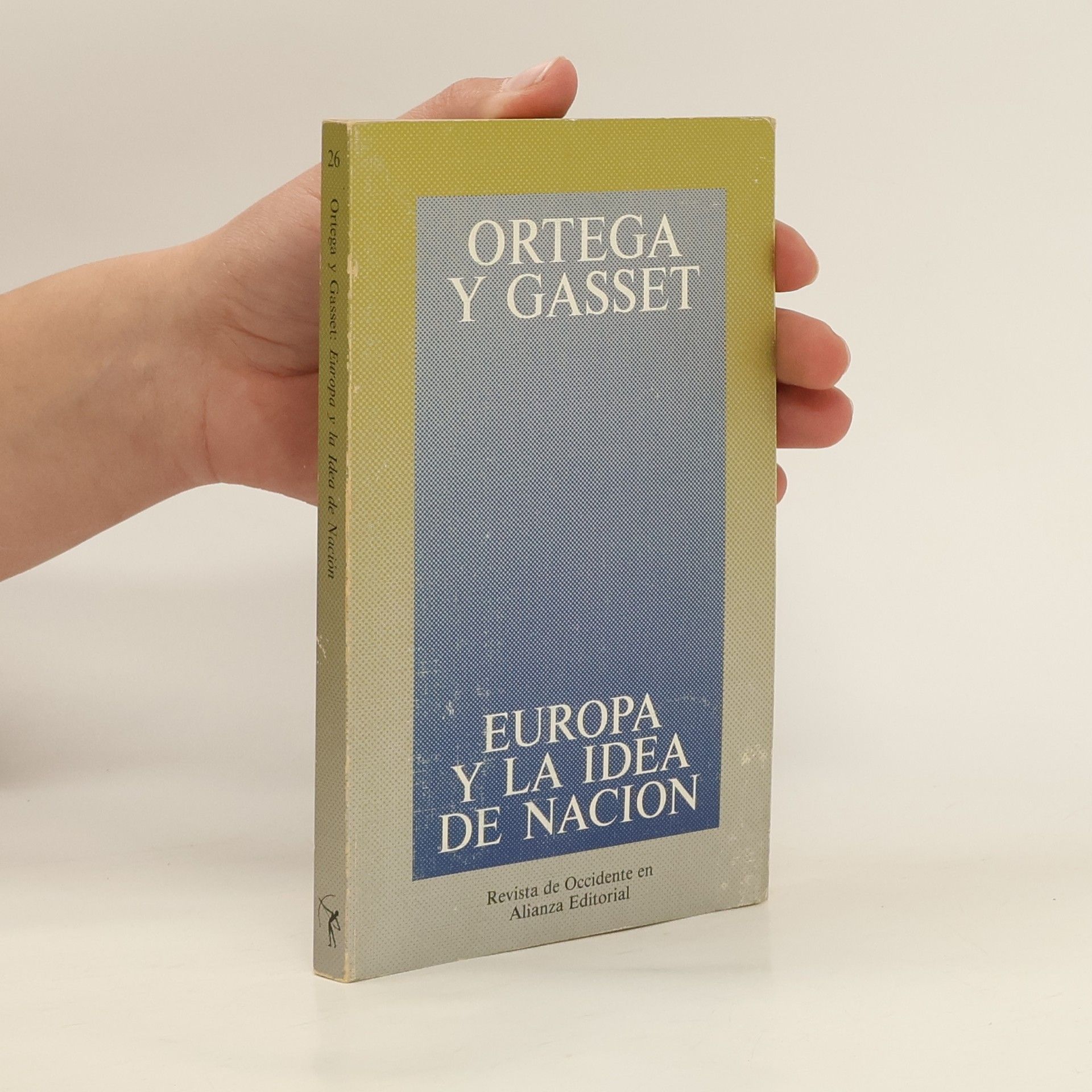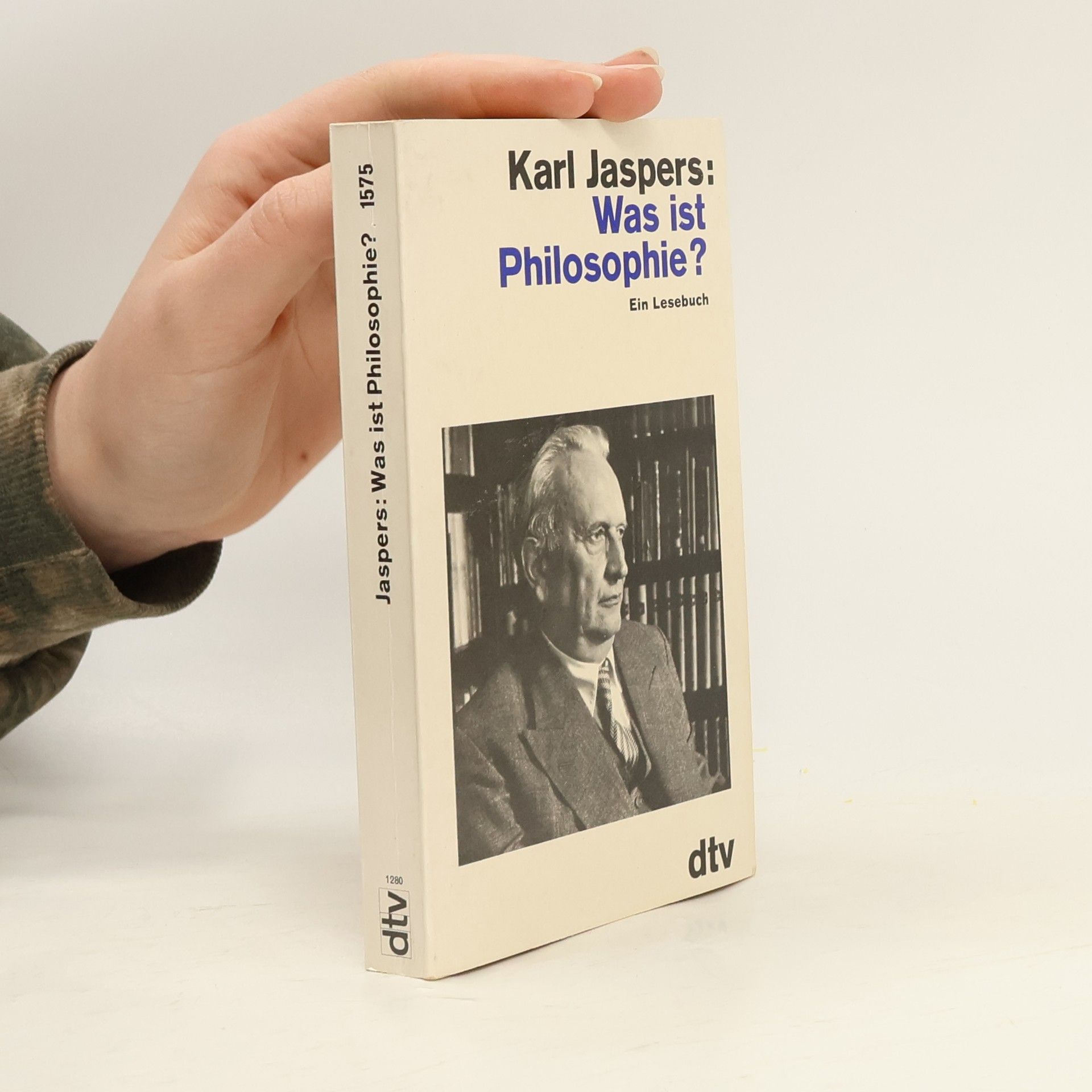This book, first published in 1930 and reissued in 1961, examines the Western phenomenon of the rise of the 'mass-man'. Analysing the state of society, it lays bare the problems that faced the countries of Europe in a book that resonates today in the imposition of direct action over discussion.
José Ortega y Gasset Books
A Spanish liberal philosopher and essayist, his work is deeply rooted in the concept of perspectivism, the idea that there is no single, objective truth, but rather a multitude of individual viewpoints. He explored the human condition and societal dynamics during a period of significant political upheaval in Spain. His essays offer a profound examination of reality as seen through the lens of individual experience.



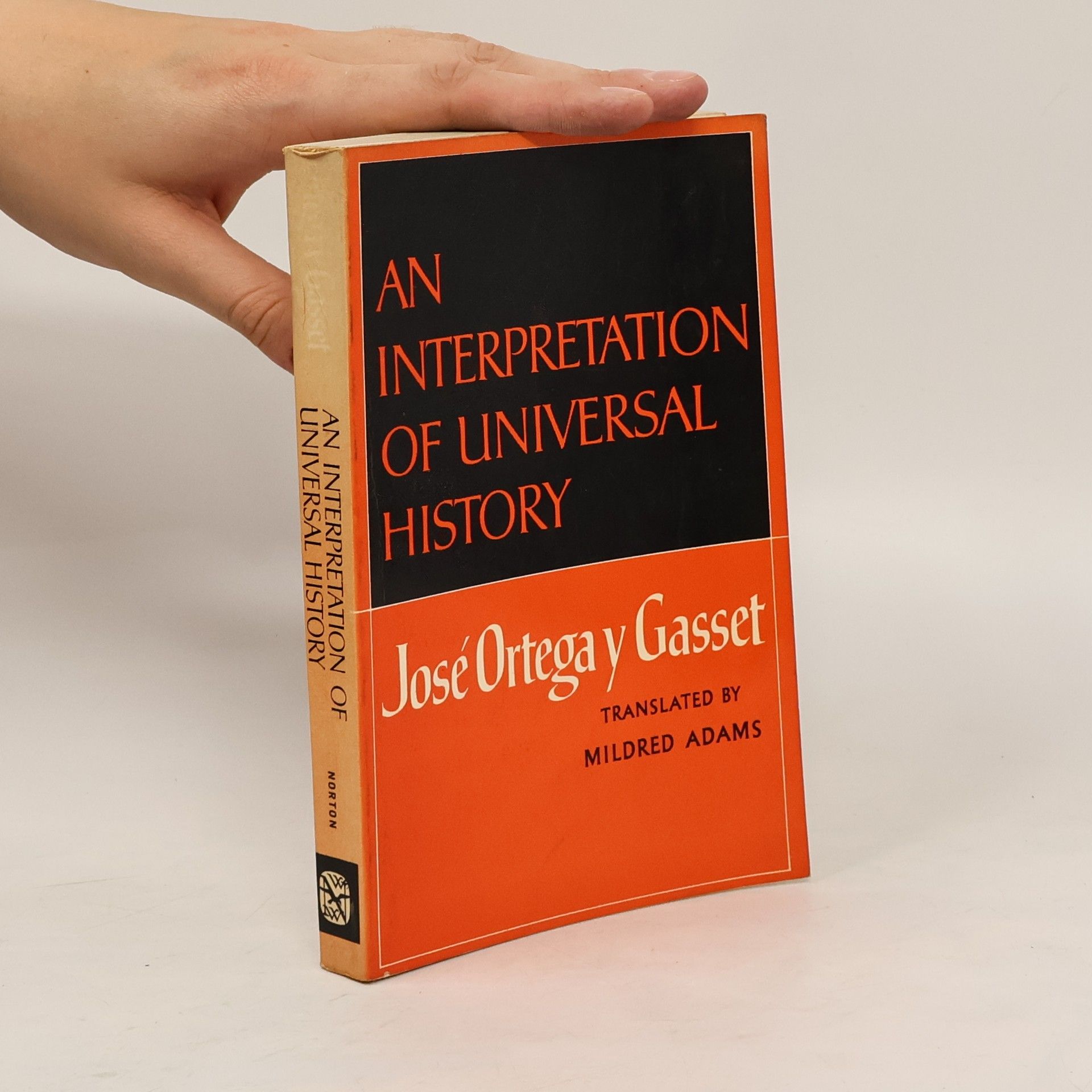
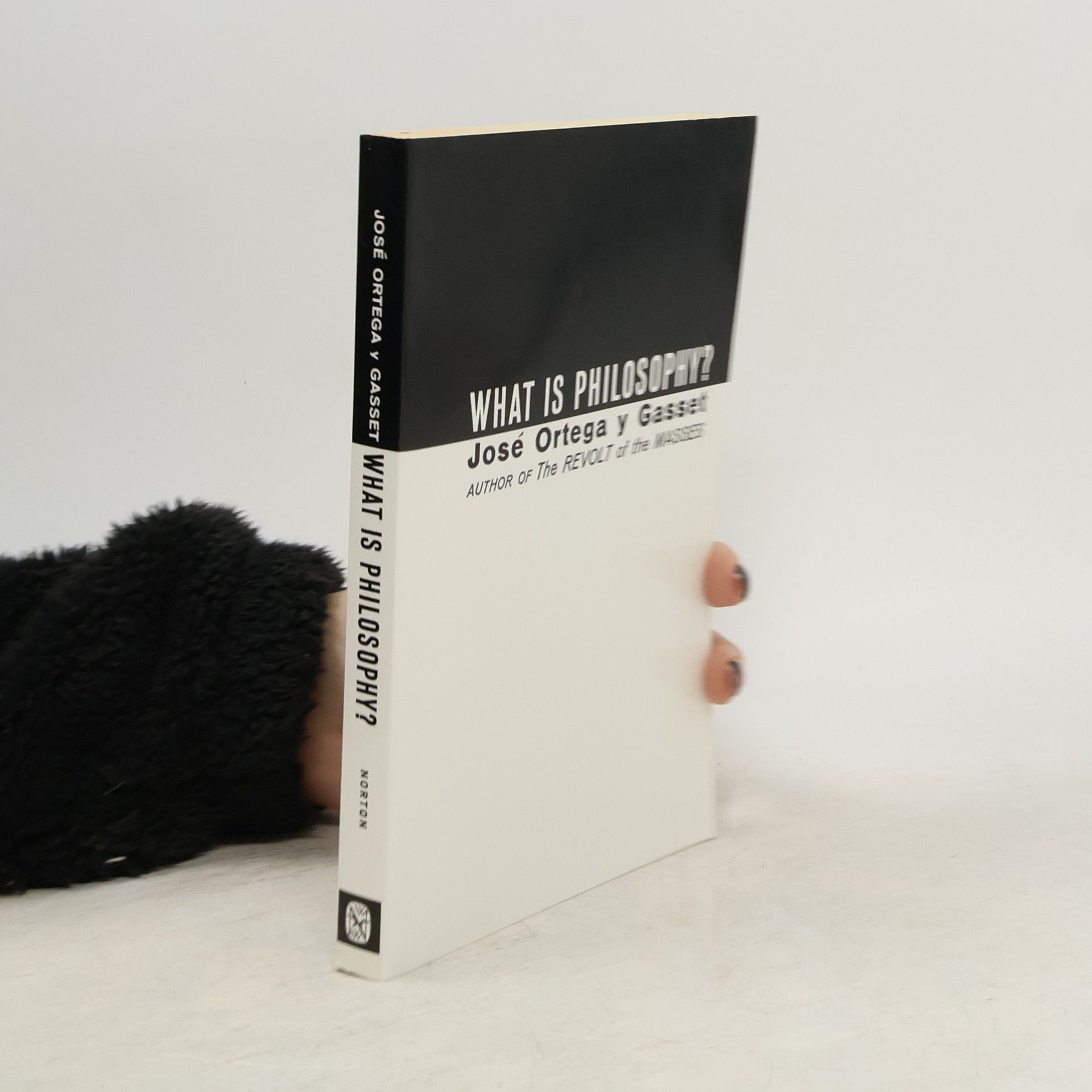
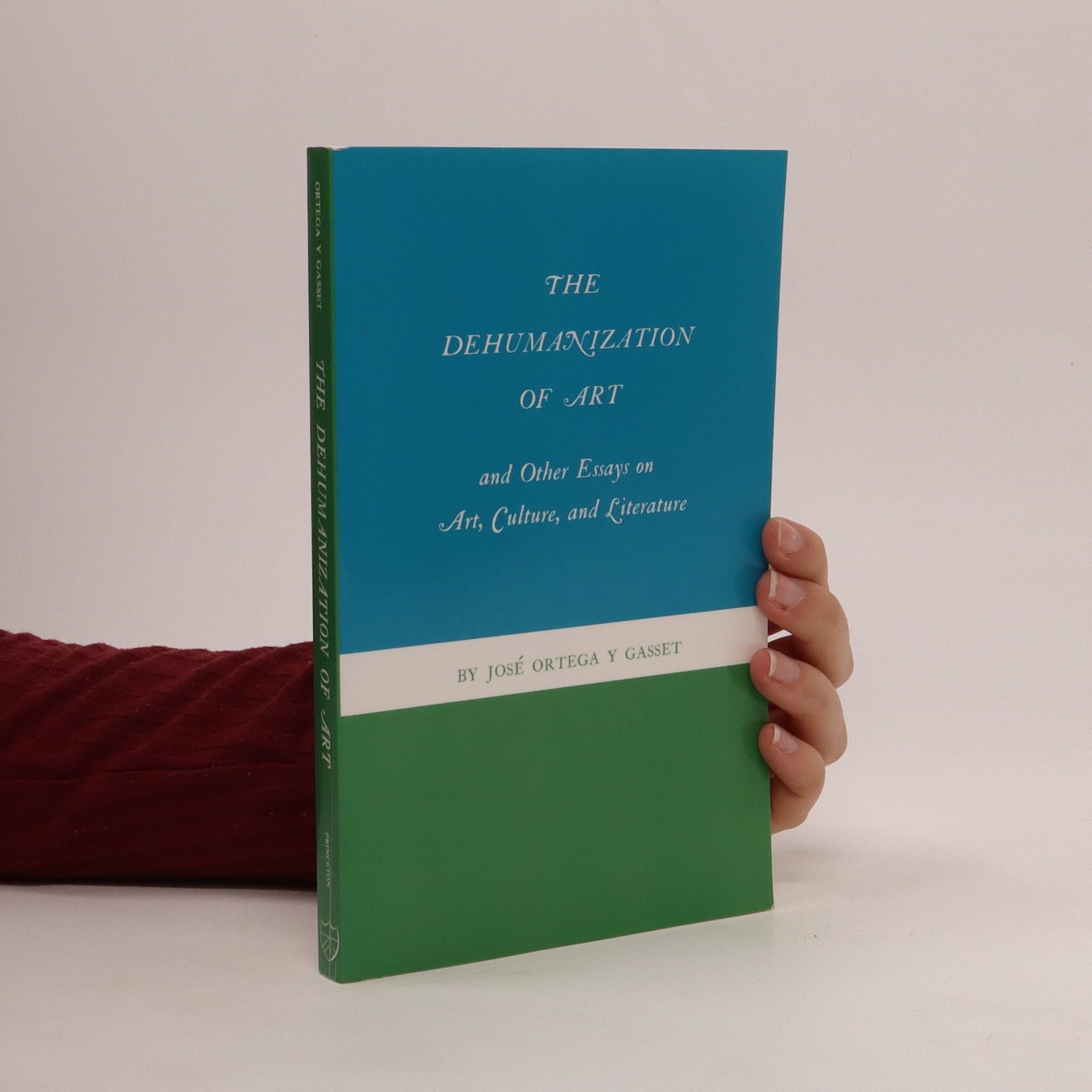

The dehumanization of art : and other essays on art, culture, and literature
- 204 pages
- 8 hours of reading
"The Dehumanization of Art and Other Essays on Art, Culture and Literature".
What is Philosophy?
- 252 pages
- 9 hours of reading
A work powerful and pervading in its implications not only for metaphysics but also for art, political science, and the philosophy of history.
An Interpretation of Universal History
- 302 pages
- 11 hours of reading
Ortega traces the course of Western civilization backward, searching out what makes a civilization rise or fall and offering a way of looking at our own time. Based on a series of lectures on A. J. Toynbee's A Study of History.
Das Wesen geschichtlicher Krisen
- 154 pages
- 6 hours of reading
Dan Auta
- 56 pages
- 2 hours of reading
Kids 9 to 12 will laugh out loud while reading this adventurous graphic novel, which brings an African folk tale to life for a new audience. When Sarra's parents die, they leave her with an important warning: never let Dan Auta, her little brother, cry. But Dan Auta loves to make trouble. He hitches a ride on the back of a bird, pokes the eye of the king's son, and even pees on the king's head. Making sure he doesn't cry is much harder than Sarra thought! But Dan Auta's unbridled curiosity and determination may be exactly what everyone needs: a terrible monster called the Dodo is attacking the city... and Dan Auta is the only one with the courage to take him on.
Europa y la idea de nación
y otros ensayos sobre problemas del hombre contemporáneo
- 215 pages
- 8 hours of reading
El Libro Aguilar: Velazquez
- 348 pages
- 13 hours of reading
Textauswahl u. Zusammst. v. Saner, Hans 415 S. Neu: 9597 603 N.-A.

